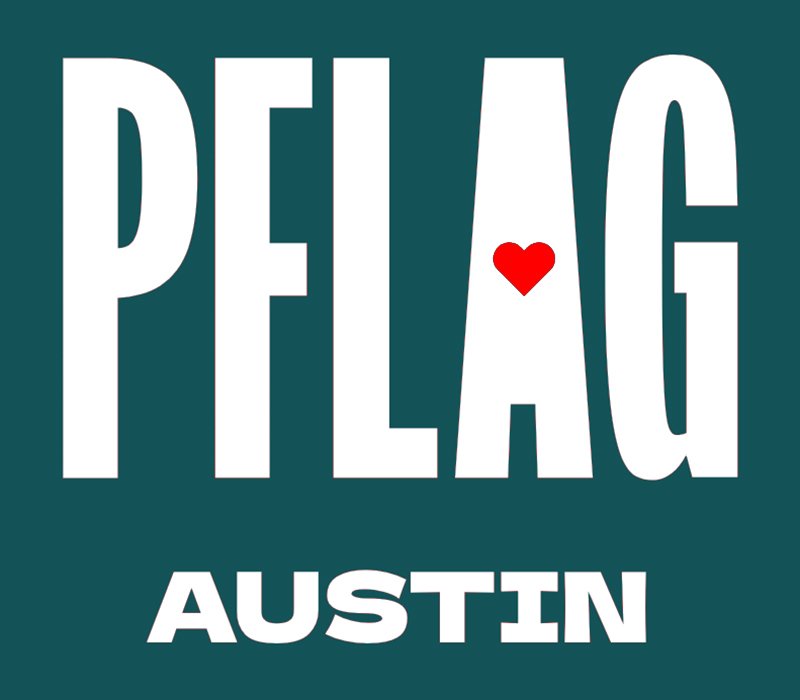What do I say?!
A common concern we hear from many people (parents, siblings, teachers, employers, LGBTQ individuals... the list goes on) is that they don't know what the 'correct' thing to say is. So, they choose not to say anything at all. Ironically, language becomes one of their biggest barriers to communicating with someone who identifies as LGBTQ.
Sound familiar? If vocabulary and terminology is something that worries you, here you'll find some tips on talking to LGBTQ loved ones, co-workers, neighbors, etc.
#1 When in doubt, ask
When you find yourself talking to someone who identifies as lesbian, gay, bisexual, transgender, queer, and\or questioning (LGBTQ) and you don't know what words to use, it's okay to admit that you don’t know the correct terminology and vocabulary and ask if they’d be willing to sit down with you and talk about terminology.
#2 MIRROR THE LANGUAGE YOU HEAR
When you hear someone use a specific term to describe themselves, use that term when you talk to them. For example, if you are speaking with someone and hear them refer to the person they have a romantic relationship with as their “partner,” you might ask them next time you see them, “How is your partner doing?”
#3 YOU KNOW WHAT THEY SAY HAPPENS WHEN YOU ASSUME
Don’t assume that just because someone is out to you that they are out to everyone. Many LGBTQ individuals and their families may be out in certain areas of their life (they are out to their friends, for example), but not out in other areas of their life (they are not out to their family or church, for example).
#4 CHECK IN
Check in with people who have just come out. Ask them how everything is going. Identities can change and evolve as people grow, so don’t assume that people identify the same way if you haven’t seen them for a while.
#5 parents, guardians, and family come out too!
If you are the parent, guardian, or family member of a LGBTQ loved one, you go through your own coming out process. You may have all the questions and none of the answers; that's okay. Find someone you can talk to about your questions and concerns..
If your loved one is just starting their coming out journey, it may be helpful to them and to you to express your confusion and concerns to a trusted third-party (like PFLAG!) This way, your questions and concerns do not come across to a possibly already vulnerable person as "unacceptance."
LINKS TO EXTERNAL PAGES:
Frequently Asked Questions about LGBTQ
Do's and Don'ts for Families and Friends
Glossary of LGBTQ Related Words
